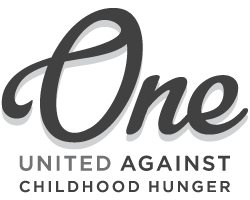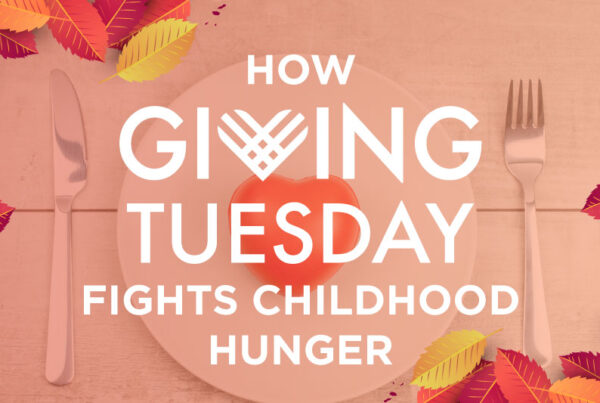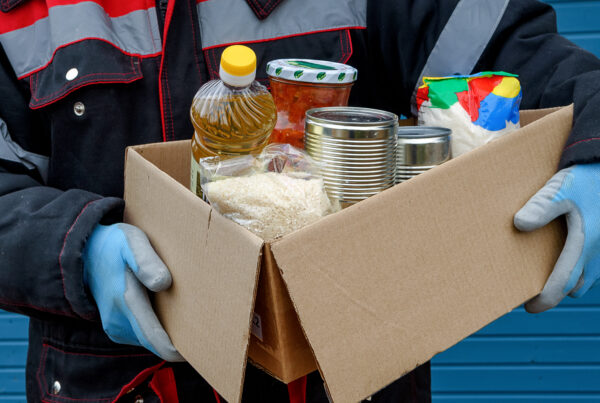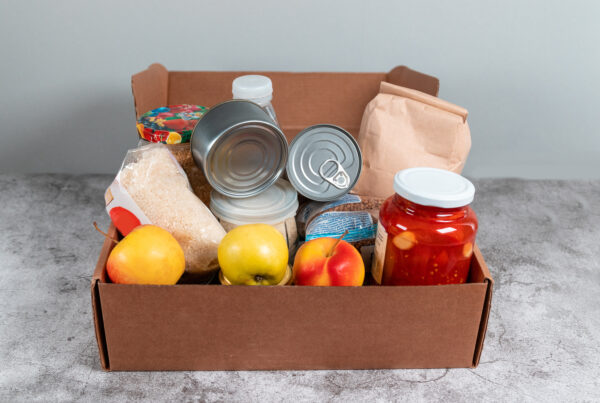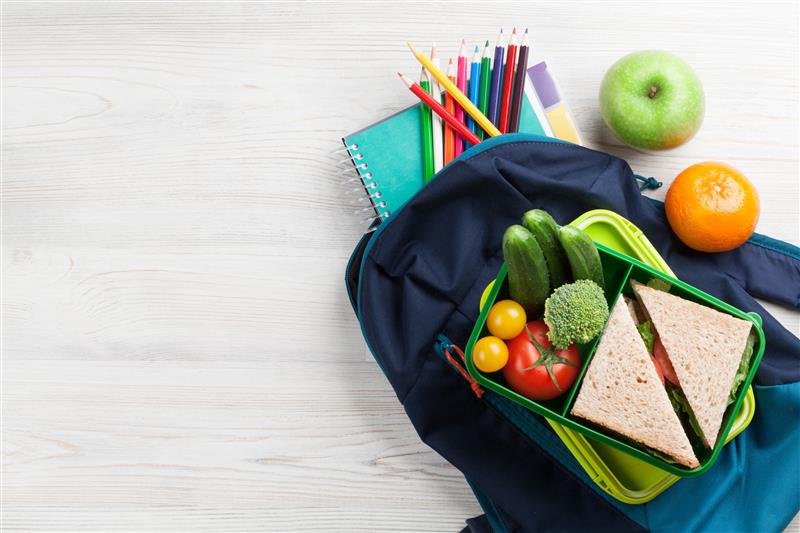
As the school year kicks off across the country, backpack food programs prepare to serve thousands of children. Having access to additional food in school is crucial for maintaining a positive learning environment and promoting the overall health of children from food-insecure households. Backpack programs are an important resource for hungry children that contribute to their success throughout the academic year.
What is a backpack food program?
Backpack programs got their start in Little Rock, Arkansas, in 1995 and have since been adopted across the country to serve thousands of students. Each backpack program is unique to the needs of the school it serves, and is often run by volunteers using donations contributed by community members or other organizations. The Feeding America network oversees over 10,000 of these programs and requires enough healthy, easy-to-prepare food for a few meals to be provided in each backpack. Most other backpack food programs follow this standard, including two breakfast options, two lunch options, and two snacks. Common items included in backpacks are cereal, oatmeal, granola bars, canned fruit or vegetables, mac and cheese, or peanut butter and jelly sandwiches. These backpacks are distributed at participating schools on a regular schedule, often to prepare for weekends or school breaks.
What are the benefits of backpack programs?
These backpack programs help increase access to food while kids are at home, and can be a convenient way to deliver information to parents about how to access other resources or meal programs. Studies show that when children have adequate nutrition, they are more successful in school and have better health outcomes. Backpack programs have been proven to contribute to positive academic outcomes, especially when paired with free school lunches and breakfast. For many students from food-insecure homes, these meals are the only stable and consistent sources of nutrition they can count on. Backpack programs can also help reduce stress for students and parents about where meals will come from.
How to Support Your Local Backpack Programs
Backpack programs are supported by volunteers, food banks, and other organizations, which makes contributing to your local program easy. Contributing food items directly to the program or donating to your local food bank is a great way to get involved. Your local program may also be looking for volunteers to help assemble backpacks or help at student distribution events. If your local schools do not currently host a backpack program, you can always donate to groups like Feeding America, which support other programs. You can also work with your local food bank to organize a backpack program in your area.
—-
The One Initiative unites C.R. England and England Logistics in the fight to end childhood hunger. Learn more about the work of the One Initiative at oneagainstchildhoodhunger.com.


